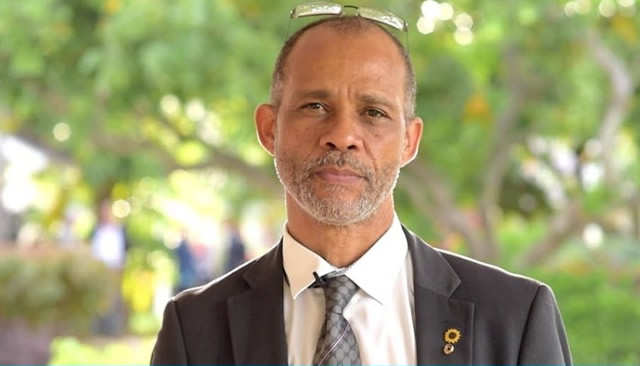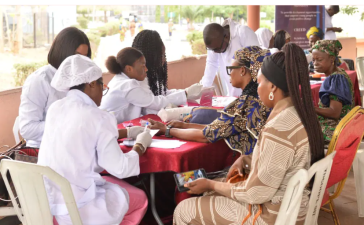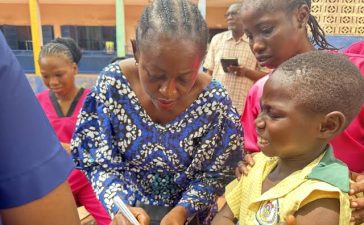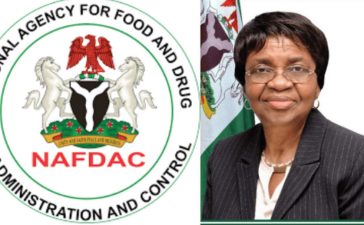At a ministerial press briefing marking Governor Babajide Sanwo-Olu’s second year of his second term, Lagos State Health Commissioner, Professor Akin Abayomi, shared bold goals to reshape healthcare in the state.
Among them is the ambitious target of eliminating malaria in Lagos within the next one to two years.
“In Lagos, we are aiming to eliminate malaria within the next one or two years. About 99% of fever cases are not malaria, so proper diagnosis is essential,” Abayomi stated.
He highlighted Lagos’ ongoing efforts to tackle a severe doctor shortage. The state currently has 7,000 public-sector doctors—far short of the 49,000 needed to meet the World Health Organisation’s recommended 1:200 doctor-to-patient ratio.
To address this gap, the state is investing in medical training and infrastructure. Plans include increasing student intake at Lagos State University College of Medicine and Lagos State University of Science and Technology, through an executive bill currently under review.
The government also aims to attract diaspora doctors back to the country by offering modern equipment, housing, and improved welfare packages.
“Lagos is strategically addressing brain drain and aiming to achieve brain gain,” Abayomi said, noting a recent trend of returning diaspora doctors.
On the infrastructure front, the commissioner revealed plans to build three new secondary hospitals in Ojo, Lagos Island, and Ketu-Ejirin within the next 12 months. These hospitals are being designed to be climate-resilient, using concrete structures in densely populated areas and sand fill where appropriate.
Additionally, the state recently opened West Africa’s largest cancer centre in Alausa, which is now fully operational and offering specialised cancer care.
Lagos’ Ministry of Health, supported by a workforce of 18,000 staff and 40 directors, continues to partner with private health providers to enhance service delivery across the state.







